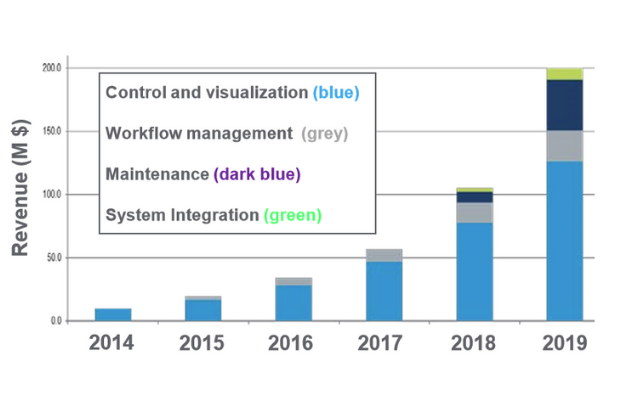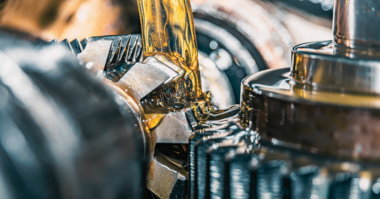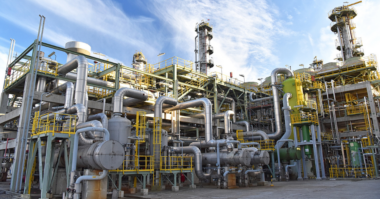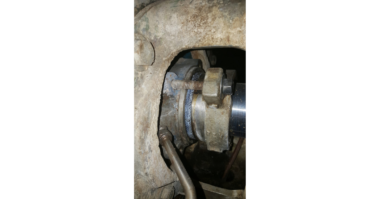Authors: John Conway and Jack Creamer, Schneider Electric
This is Part 7 of a series. Read Part 6.
SMART Machines: What they are and how they contribute to the future of the industry
The smart machine concept has a number of key enablers (from the technology perspective) and drivers (from the end user and market perspective). The combination of both will lead to machines that are safe, secure, self-aware, flexible and capable of meeting demands from both end users and consumers. The integration of internet connected devices, adoption of automated components and processes, and access to real-time production data, will empower end users to migrate to smarter machines. As production benefits in terms of cost reduction, reduced downtime, quality, and throughput, are achieved and competitive advantage gained, so the drive to smarter machines will quicken and expand into a broader spectrum of industries.
Key characteristics of smart machines include the following:
- Self-awareness – Any deviation from set parameters will be identified by the smart machine and communicated to the machine operator. Machines at the forefront of development will use sensors with embedded intelligence to distribute and automate decision making on the factory floor.
- Plug & play – Any new smart machines will need to be compatible with the existing installations or machinery from multiple OEMs; End users want devices that can be installed within a short timeframe. Integration into the rest of the system must be easy.
- Safety & cyber security – With security built into their fundamental designs, smart machines will improve safety of operators and minimize the security risk of increased networking.
- Connectivity – Smart machines will connect directly to the broader (IP-based) network. This enables data sharing and production planning, which goes far beyond the capabilities of traditional standalone machinery and automation. Smart machines will bridge the IT / OT gap, making available production data that can be used in numerous management settings (e.g., stock control, operator scheduling, maintenance, energy management, and product replacement).
Major trends that support the proliferation of smart machines include the acceptance of mobile devices to manage core business functions, and the ability to harness and interpret the mountains of data that are being captured by the smart devices.
- Mobile devices – Mobile technologies, which are experiencing rapid growth within the industry (see Figure 6), now free operations personnel from needing to be in close proximity to a machine in order to monitor or manage performance. Now, machine engineers can diagnose problems and offer guidance remotely. This cuts costs and also speeds-up solution implementation.
- Data Management – As sensors and other networkable components are added to machinery, huge amounts of production data are being generated. Even with relatively simple applications, this could easily lead to data overload and the inability to use production data to support real time decision making. Smart machines must have some level of intelligence to assess data quickly and in a decentralized fashion. Routing all data to a central control for analysis will quickly lead to delays, and is an un-scalable structure. Having sensors, components and machinery with the intelligence to only share data that falls within a set of pre-defined parameters, will lead to better data management. Reducing the level of data shared with the broader network/community, will speed up decision making and reduce backlogs (where critical information could be delayed or missed altogether).
Read Part 8: Evolving instrument communications in the IIoT age (coming next week!)
About the Authors:
John Conway is Schneider Electric’s VP for Strategy & Partnerships. In this capacity, he is responsible for strategic intelligence, strategic planning and merger & acquisition activities for the Industry Business Unit. During his 17 years with the company, he has held a variety of roles, starting out as director of microelectronics key accounts. He then moved into the creation and deployment of automation solution centers in Asia and Eastern Europe before running the Advanced Services and Mergers & Acquisitions activities for Industry. Prior to joining Schneider Electric, John held sales and engineering management positions within the automation divisions of Siemens and Texas Instruments. John has a Bachelor of Science in Mechanical Engineering and a Master of Science in the Design of Machine Systems. He is currently based at Schneider Electric’s Horizon office in Carros, France.
Jack Creamer is Schneider Electric Segment Marketing Manager – Pumping Equipment, based in the United States. Mr. Creamer has more than 30 years in the Electrical Industry, and has been involved for 10 years in the Pumping Industry. He is involved in key industry organizations such as the Hydraulic Institute and Submersible Wastewater Pump Association, where he holds both Committee Chair and Board level positions. In his time in the Pump industry, he has help Schneider create numerous solutions that both enhance pumping efficiency and address issues such as maintenance and downtime.




